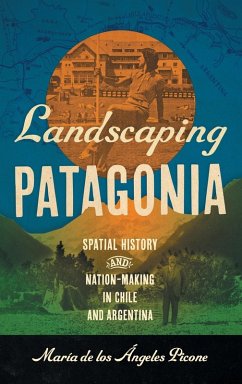"In late nineteenth-century Latin America, governments used new scientific, technological, and geographical knowledge not only to consolidate power and protect borders but also to define the physical contours of their respective nations. Chilean and Argentine authorities in particular attempted to transform northern Patagonia, a space they perceived as 'desert,' through a myriad of nationalizing policies, from military campaigns to hotels. But beyond the urban governing halls of Chile and Argentina, explorers, migrants, local authorities, bandits, and visitors also made sense of the nation by inhabiting the physical space of the northern Patagonian Andes. They surveyed passes, opened roads, claimed land titles or leases, traveled miles to the nearest police station, rode miles on horseback to escape the police, and hiked the landscape. Marâia de los âAngeles Picone tells the story of how people living, governing, and traveling through northern Patagonia sought to construct versions of Chile and Argentina based on their ideas about and experiences in geographical space in the late nineteenth and early twentieth centuries. By repositioning the analytical focus from Santiago and Buenos Aires to northern Patagonia, Picone reveals how a wide array of actors, with varying degrees of political, economic, and social power, assigned distinctive - and sometimes conflicting - meanings to space and national identity"
Hinweis: Dieser Artikel kann nur an eine deutsche Lieferadresse ausgeliefert werden.
Hinweis: Dieser Artikel kann nur an eine deutsche Lieferadresse ausgeliefert werden.

